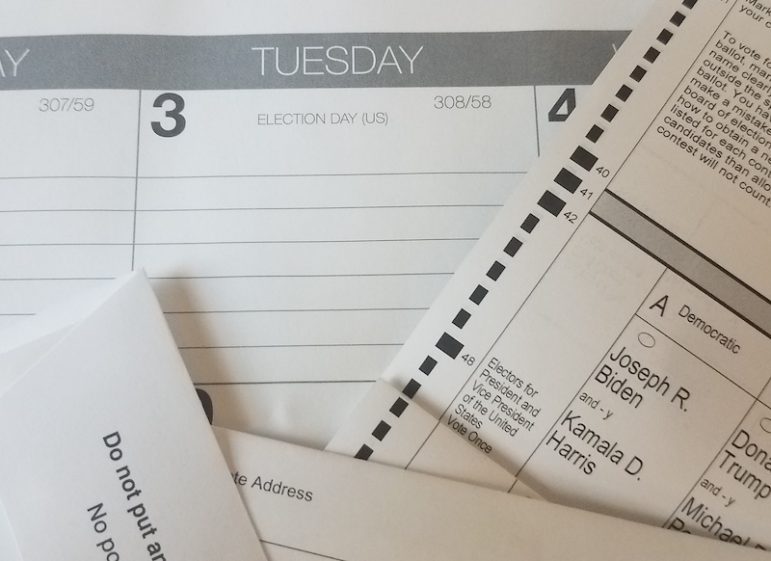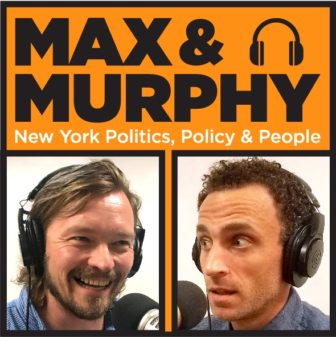The only thing worse than a serious illness is a bad diagnosis. And that is what President Trump has offered in his size-up of the U.S. voting system.

J. Murphy
The problem isn’t that the widespread use of mail-in ballots invites fraud. It’s that anti-fraud measures on the ballots will trip up new voters and lead their ballots to be disqualified.The only thing worse than a serious illness is a bad diagnosis. It wastes time, energy and money addressing a problem that does not exist while the real issue festers. And it exposes the patient unnecessarily to the risks and side effects of the ill-targeted treatment.
President Donald Trump has repeatedly said there’s a problem with the way the U.S. does elections, and broadly speaking, he is right. It’s just that the real problem is not the one he talks about—fraud—but the election system’s tendency to discourage or disenfranchise voters. The massive use of mail-in ballots in 2020 could exacerbate that problem.

“I worry about people feeling like their votes are going to be counted, being able to get their absentee ballot and making sure they’re counted, making sure they’re able to find their early-voting spot, their election day polling place, and then having patience because it’s going to take longer than usual this year to count ballots and get election results,” Perry Grossman, a senior attorney in the voting rights project at the New York Civil Liberties Union, told WBAI’s Max & Murphy Show on Wednesday.
New York City’s election system is emblematic of the nationwide concerns about access to the franchise. State law imposes restrictions on when a person can register or change parties and bars people on parole or behind bars from voting.
“We hear proponents of voter suppression talk about voter fraud and the reason those two go together is the devices used to prevent so-called fraud actually prevent eligible voters from voting,” Grossman added. “We have a lot of safeguards for absentee ballots – some of which are going to make it more difficult for people to vote.”
Grossman says the top worry here is, “How do we make sure all these safeguards we have in our election system don’t end up being tools of voter suppression?” One bit of good news: Under a new “notice and cure” approach, election officials will be required to give voters a chance to correct some ballot problems.
Hear our conversation below, or listen to the full show, which includes a chat with State Sen. Andrew Gounardes, a Democrat running for reelection in the city’s lone “swing district.”







